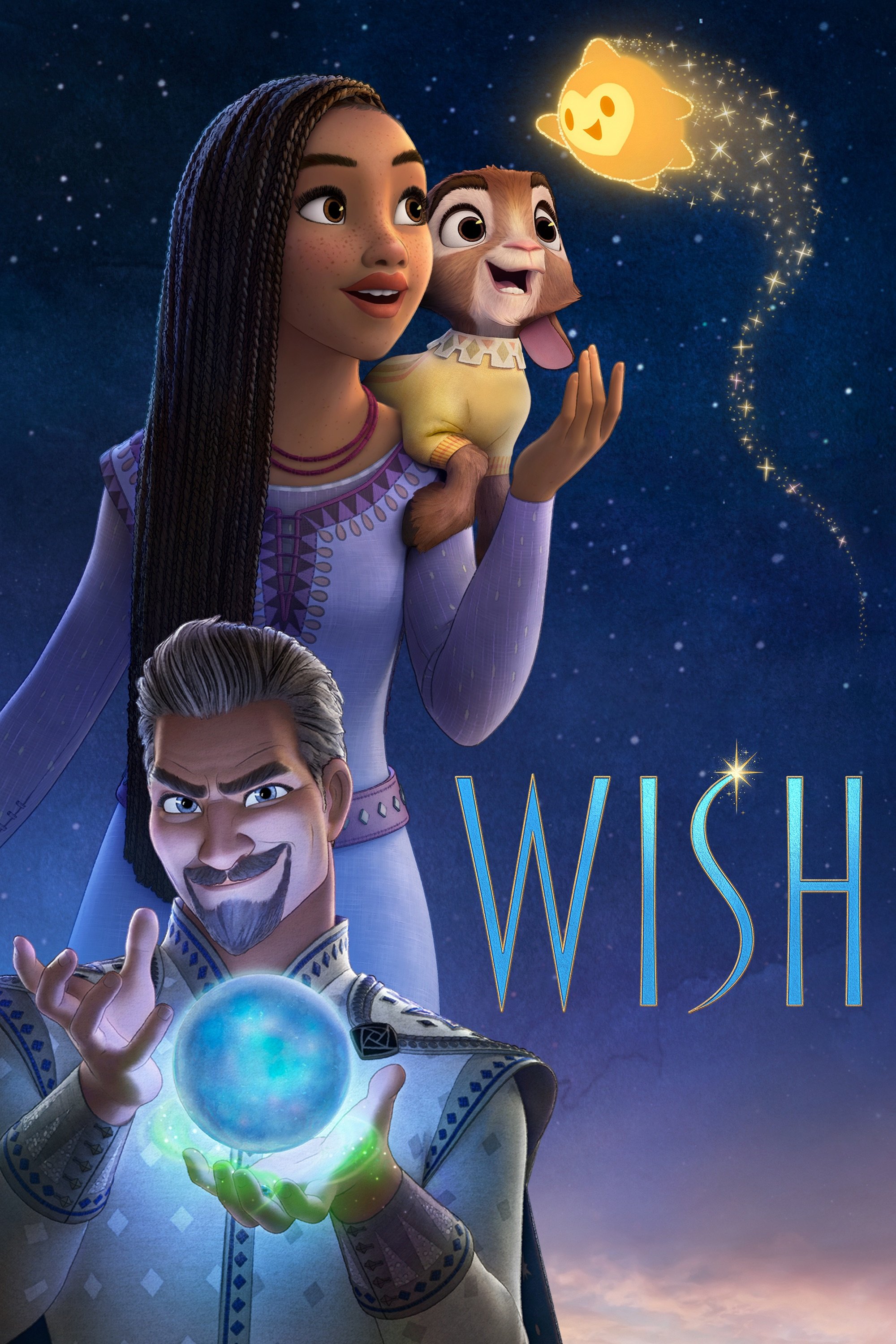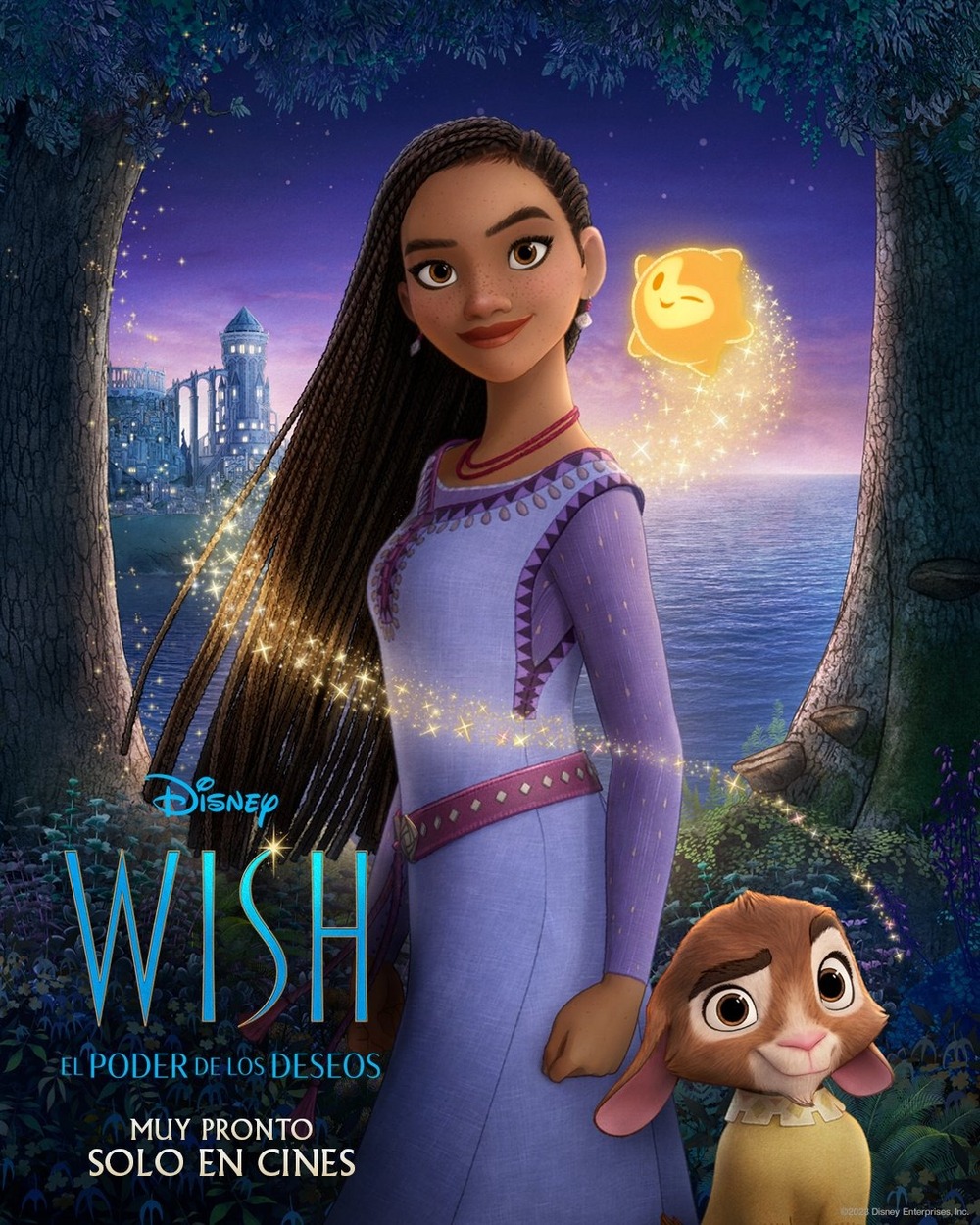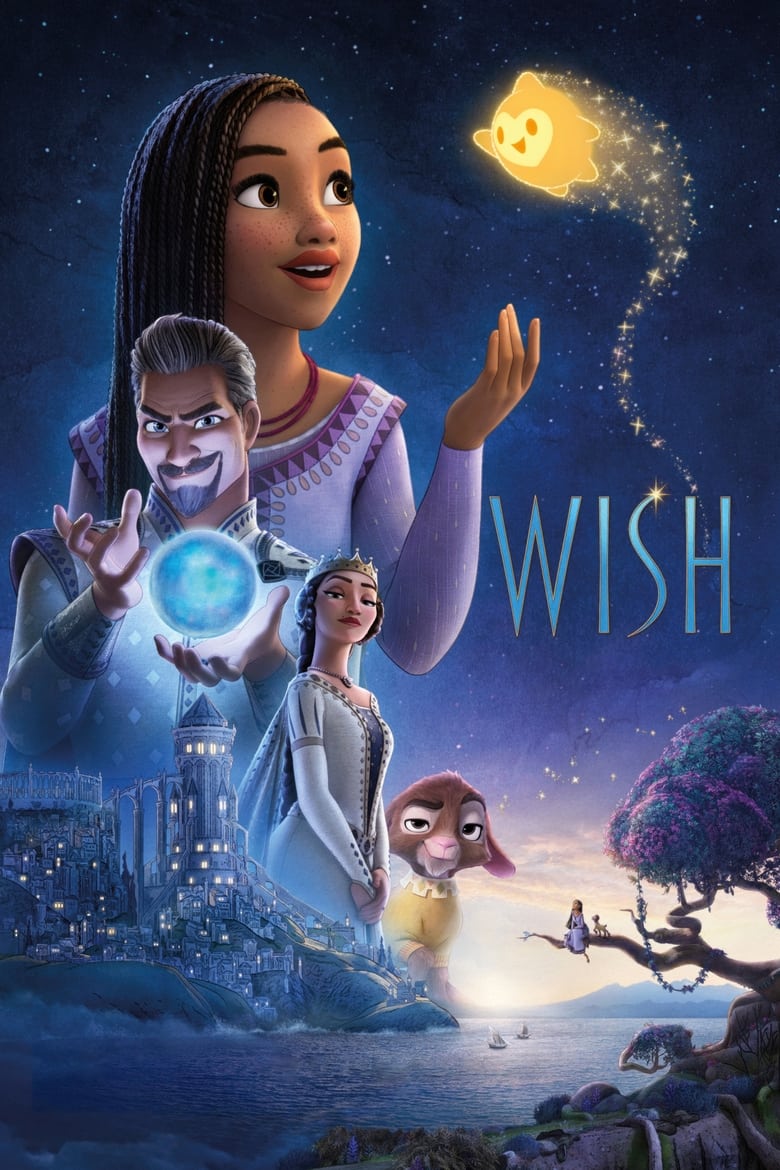Wish Non Binary Character Stories That Resonate
It’s a pretty big deal, really, when folks see themselves reflected in the stories we tell, isn’t it? For so many, seeing someone like them on a screen or in a book can feel like a warm hug, a quiet nod of understanding. It’s about feeling seen, feeling like you belong, and knowing that your experiences, your feelings, and your very being are a part of the bigger picture. When we talk about characters who don't fit neatly into traditional boxes, it's about opening up that feeling of belonging to even more people, making our shared tales richer and more welcoming for everyone.
For quite a while, stories have, you know, mostly focused on certain kinds of people, often leaving out a lot of others. But things are, so, changing now, and that’s a really good thing. More and more, people are looking for characters who show the wide, wonderful range of human experiences, including those who identify outside of just 'boy' or 'girl'. This isn't just about ticking boxes; it's about making our narratives feel more real, more vibrant, and more connected to the actual world we live in, where identities are as varied as the stars in the sky, more or less.
Thinking about how we can tell these stories better, it’s a pretty exciting time for creators and audiences alike. There’s a genuine desire to bring to life characters who are non-binary, not as a side note or a quick mention, but as central figures with their own hopes, dreams, and challenges. It’s about building worlds where everyone has a place, where every voice matters, and where every heart can find a piece of itself in the adventures, the dramas, and the quiet moments unfolding on the page or screen. This shift, you know, it’s making our storytelling much more compelling.
- Denise Nicholas Net Worth
- David Schwimmer Net Worth
- Pete Buttigieg Net Worth
- Chuck Zito Net Worth
- Todd Rundgren Net Worth
Table of Contents
- Why Seeing Yourself Matters: The Human Need for Reflection
- What Does a Great Non Binary Character Look Like?
- Crafting Authentic Wish Non Binary Character Stories
- How Can Creators Bring Wish Non Binary Character to Life?
- Beyond the Tropes: Deeper Portrayals of Wish Non Binary Character
- Are We Ready for More Wish Non Binary Character in Our Stories?
- The Ripple Effect: How Wish Non Binary Character Changes Things
- What's Next for Wish Non Binary Character Representation?
Why Seeing Yourself Matters: The Human Need for Reflection
It’s a pretty simple idea, really, but it holds a lot of weight: people want to see themselves in the stories they take in. When you're growing up, or even as an adult, finding someone in a book or on TV who shares a bit of your own experience can feel incredibly powerful. It’s like a mirror, showing you that you're not alone, that your way of being is, you know, a valid part of the human experience. For non-binary individuals, this kind of reflection has been, for a long time, pretty scarce. It means that many have grown up without those narrative mirrors, without seeing their identities affirmed in the tales that shape our culture.
When there's a lack of this kind of reflection, it can, in some respects, make people feel invisible or like their existence is, perhaps, an exception rather than a natural part of the world. This is why the desire to wish non binary character into existence, into our popular narratives, is so strong. It's not just about diversity for diversity's sake; it’s about mental well-being, about fostering a sense of belonging, and about showing younger generations that there are many ways to be yourself, all of them perfectly fine. Stories have this amazing way of shaping how we see the world and our place in it, after all.
Think about it: if every hero or beloved friend in a story always fits into one of two boxes, what message does that send to someone who doesn't? It could, you know, unintentionally suggest that their identity is somehow less common or less important. So, when we advocate for more wish non binary character, we're really pushing for a more inclusive storytelling landscape, one that genuinely embraces the full spectrum of human identity. It’s about creating narratives that truly resonate with everyone, making our cultural fabric much stronger, basically.
- Harry Hamlin Net Worth
- Ben Baller Net Worth
- Matthew Perry Net Worth
- Ernie Hudson Net Worth
- Judy Greer Net Worth
What Does a Great Non Binary Character Look Like?
A truly wonderful non-binary character isn't just someone who says, "I'm non-binary," and that's the end of it. No, it’s about so much more than that. A great character, regardless of their gender identity, feels like a real person, with a full range of quirks, dreams, and struggles. Their non-binary identity is, you know, a part of who they are, just like their hair color or their job, but it doesn't have to be their entire personality or the only thing that defines them. They should have goals, relationships, and conflicts that go beyond just their identity.
When we wish non binary character into our stories, we're hoping for individuals who are, perhaps, complex and layered. Maybe they're brave, or a little bit clumsy, or incredibly smart, or just trying to figure things out. Their journey should be compelling, their relationships meaningful, and their presence in the story should feel natural and organic. It’s about showing that non-binary people are just that: people, with all the messy, beautiful, interesting bits that come with being human. We want to see them fall in love, solve mysteries, or simply live their everyday lives, you know, with depth and authenticity.
The best portrayals often come from a place of genuine curiosity and respect. It means avoiding stereotypes and, instead, allowing the character to unfold in a way that feels true to life. They might have moments where their gender identity is central to a plot point, or they might not; it all just depends on the story. The key is that their identity is treated with dignity and woven into the fabric of the narrative in a way that feels, well, real. That's really what we're hoping for when we wish non binary character to appear on our screens and pages.
Crafting Authentic Wish Non Binary Character Stories
Bringing a non-binary character to life in a way that feels genuine is, in some respects, a bit of an art. It’s not just about slapping a label on someone; it’s about really thinking through their experiences, their perspective, and how their identity shapes their view of the world, if it does at all. This means, you know, doing your homework, listening to non-binary voices, and understanding that there's no single "non-binary experience." It's a spectrum, and each person’s journey is their own, basically.
When you're putting together a wish non binary character, consider how their identity might influence their relationships, their challenges, or even their triumphs. Maybe they face specific hurdles because of how others perceive them, or perhaps their identity gives them a unique strength or a different way of looking at things. The trick is to let these elements emerge naturally from the character’s actions and interactions, rather than just stating them outright. It’s about showing, not just telling, you know, how their identity fits into their overall story.
It also helps to think about the smaller details. How do they express themselves? What pronouns do they use, and how do other characters react to that? Are there moments of joy, affirmation, or quiet understanding related to their identity? These little touches can, in a way, add so much depth and make the character feel truly alive. The goal is to create a wish non binary character who resonates with audiences, not because they are non-binary, but because they are a wonderfully developed, believable individual, actually.
How Can Creators Bring Wish Non Binary Character to Life?
For creators, the process of bringing a non-binary character into being often starts with, you know, a bit of open-mindedness and a willingness to learn. It’s about moving past assumptions and really listening to the voices of the community you're hoping to represent. This might mean consulting with non-binary individuals, reading their stories, or just, you know, paying attention to real-world experiences. That kind of groundwork is, arguably, super important for getting it right.
When you're trying to figure out how to make a wish non binary character feel authentic, think about their place in the narrative. Are they a central figure, or a supporting role? How does their identity influence the plot or the themes of your story? It's often helpful to remember that non-binary people have diverse backgrounds, personalities, and interests, just like anyone else. So, you know, don't feel like every non-binary character has to be an activist or a walking encyclopedia of gender theory; they can just be a person trying to get through their day, basically.
Another thing that helps is to let the character be imperfect. No one is, you know, completely flawless, and giving a wish non binary character flaws and moments of vulnerability makes them more relatable and human. They can make mistakes, have bad days, or just be, you know, a bit messy, like real people are. This approach helps to move beyond tokenism and towards creating characters who feel like genuine contributions to the story world, rather than just checkboxes, you know, in a way.
Beyond the Tropes: Deeper Portrayals of Wish Non Binary Character
Sometimes, when new types of characters start showing up in stories, there’s a tendency to rely on, you know, a few common ideas or stereotypes. For non-binary characters, this might mean always making them the "wise, mystical" figure, or perhaps someone whose entire plot revolves around explaining their identity. But when we wish non binary character to really shine, we want to move past those simple ideas and show them in all their rich, complicated glory, actually.
A deeper portrayal means giving the wish non binary character their own unique journey, one that isn't just about their gender identity. Maybe they're a scientist trying to solve a huge problem, or a musician chasing a dream, or even just someone trying to mend a broken friendship. Their non-binary identity is, you know, a part of their fabric, but it doesn't have to be the *only* interesting thing about them. It’s about letting them be a fully fleshed-out person with their own individual story to tell, you know, in a way.
It’s also about showing the everyday moments, the quiet joys, and the small victories that make up a life. Not every portrayal needs to be a grand statement or a big coming-out story. Sometimes, the most powerful representation comes from seeing a wish non binary character simply existing, living their life, being loved, and pursuing their passions, just like anyone else. These everyday moments can, you know, often be the most profound, showing the breadth of human experience, basically.
Are We Ready for More Wish Non Binary Character in Our Stories?
The question of whether audiences are ready for more non-binary characters is one that, you know, comes up quite a bit. But if you look around, if you listen to what people are talking about, it seems pretty clear that, yes, many folks are absolutely ready and, in fact, eager for these kinds of stories. There's a growing appetite for narratives that feel fresh, inclusive, and reflective of the diverse world we live in. People want to see themselves, and their friends, and their neighbors, you know, in the tales they consume.
The push for more wish non binary character isn't just coming from a small group; it's a wider movement that reflects a societal shift towards greater acceptance and understanding. As more people become aware of different gender identities, there's a natural curiosity and desire to see those experiences explored in fiction. It helps, you know, to build empathy and broaden perspectives for everyone involved, whether they identify as non-binary or not. It’s about expanding our collective imagination, basically.
And when creators do take that step and introduce a well-developed wish non binary character, the response can be, you know, really positive. Audiences often appreciate the thoughtfulness and the effort to represent a wider range of people. It shows that storytelling can be a powerful tool for connection and for helping us all to better understand each other. So, in a way, the answer to that question is a resounding yes, we are more than ready, actually, for these important stories.
The Ripple Effect: How Wish Non Binary Character Changes Things
When a story introduces a well-rounded non-binary character, it doesn't just impact the individual watching or reading it; it creates a kind of ripple effect that spreads out into the wider world. These characters can, you know, spark conversations, challenge old ways of thinking, and even help to shape public perception. It’s about normalizing different identities and showing that non-binary people are a valuable and integral part of society, basically.
For young people, especially, seeing a wish non binary character can be, you know, incredibly affirming. It can give them language to understand their own feelings, courage to be themselves, and a sense of hope for their future. It’s like a quiet message that says, "You are valid, and you are not alone." This kind of representation can have a deep and lasting impact on someone’s sense of self and their mental well-being, which is, you know, a really big deal, actually.
Beyond individual impact, the presence of wish non binary character in popular culture can also influence broader societal attitudes. When more people encounter these characters in stories, it can lead to greater empathy and acceptance in real life. It helps to break down barriers and foster a more inclusive environment for everyone. Stories, you know, have this unique ability to teach us, to move us, and to, in some respects, help us grow as a collective, basically.
What's Next for Wish Non Binary Character Representation?
Looking ahead, the hope is that the presence of non-binary characters in our stories will continue to grow, becoming even more varied and nuanced. We're hoping to see more wish non binary character in all sorts of genres, from action-packed adventures to quiet dramas, and in all kinds of roles, too. It’s about moving beyond just a few standout examples and making this kind of representation a natural, everyday part of our storytelling landscape, you know, in a way.
What's next probably involves more creators from diverse backgrounds getting the chance to tell their own stories, bringing their unique perspectives to the table. This means not just non-binary characters created by cisgender writers, but also, you know, stories written by and starring non-binary creators themselves. That kind of authentic voice can bring a level of depth and understanding that’s, arguably, really special and needed. It’s about empowering new voices, basically.
The future of wish non binary character also likely holds a focus on even greater complexity and individuality. We’ll hopefully see characters who challenge existing ideas, who defy easy categorization, and who simply exist as compelling individuals within their narratives. It's about letting these characters be fully human, with all the intricacies and contradictions that come with that. The goal is to keep pushing the boundaries of what’s possible in storytelling, making our shared tales richer and more reflective of our wonderfully diverse world, you know, always moving forward.
- Curt Schilling Net Worth
- Marty Lagina Net Worth
- Ernie Hudson Net Worth
- Courtney Thorne Smith Net Worth
- Amy Poehler Net Worth

Wish (2023) - Posters — The Movie Database (TMDB)

Wish DVD Release Date | Redbox, Netflix, iTunes, Amazon

Wish | Australian Classification